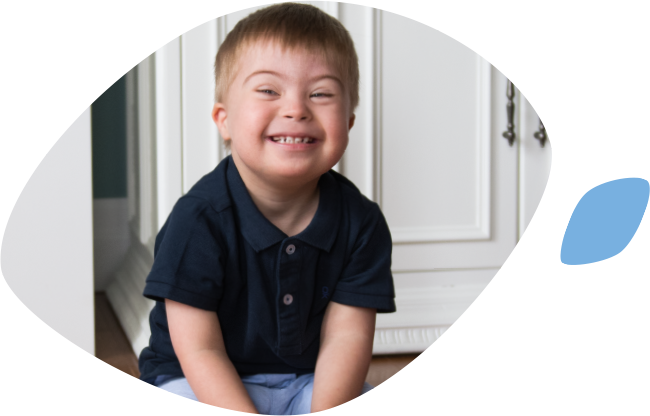Help Me Grow LA recently produced a tool kit and advocacy workbook in English and Spanish for parents and caregivers of children with developmental delays. The tool kit includes information about milestones, a developmental journey guide, next steps after identifying a developmental delay, and more. The workbook provides tips and tools for advocacy, including worksheets to identify barriers to resources and services, communicating your child’s needs, and setting goals for your child. Information on self-care is also included. The Parent Tool Kit is available in
English HERE and
Spanish HERE download the Parent Advocacy and Self Care Workbook in
English HERE and
Spanish HERE. You can also watch videos on development for your child’s age on from the
CDC HERE.